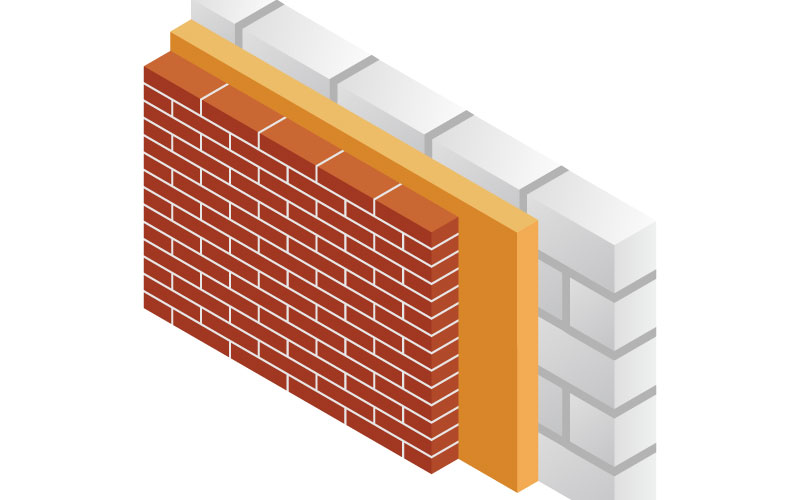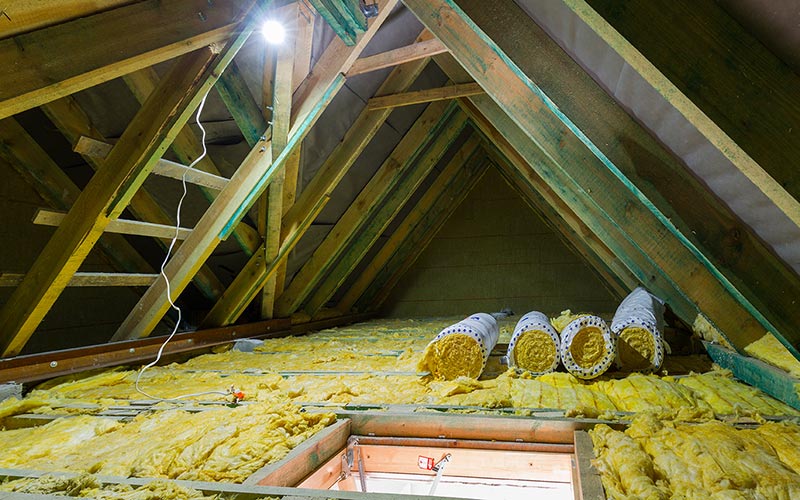Energy Saving Tips
Get power savvy
Energy Saving Tips from us here at Government Grants. You’re bound to have heard it before but it’s staggering how much energy is wasted in the UK by so many people who forget to switch lights off or switch off appliances when not in use. Many electrical appliances can be turned off at the plug when redundant (although some satellite systems & recorders may need power when not in use). The Energy Saving Trust estimate that up to £80 a year can be saved just by switching lights off behind you and not leaving appliances on standby.
Cut down on hot water
Heating water is very expensive so why would we want to waste hot water?
In a recent survey, the Energy Saving Trust identified that three-quarters of homes are using their kettles to boil more water than they need. It takes 64% more energy and takes 62% longer to boil two cups of water than one cup. If your kettle does not have a water level indicator, it may be time to invest in one that does.
Other simple ways of cutting down on energy bills is to use a 30°C setting on your washing machine as often as possible, spend one minute less in the shower and if you don’t have an electric shower you can save energy by fitting a water-efficient shower head and that reduces your hot water usage whilst retaining the sensation of a powerful shower. Many water companies offer these free of charge so it’s worth shopping around.
If you wash dishes by hand, Use a bowl to wash up rather than leaving the hot tap running. For larger families, using an efficient, modern dishwasher rather than washing by hand can actually make greater energy and water savings.
Stop the draughts
Older homes lose heat not only through roofs & walls but through gaps around doors and windows, holes in floors, unused chimneys and gaps in the skirting boards.
Most gaps can be filled using sealants and other draught excluding products from your local DIY store. Disused chimneys can be blocked up with an old pillow or you can purchase inflatable chimney balloons designed for this purpose.
Compare Energy Tariffs
With the recent price fluctuations from the main energy companies we recommend you compare the prices for energy supply to your area as you may be able to make significant savings on your current bills and avoid future price increases by transferring to a long or short term fixed tariff.
Fixed tariffs used to be the most expensive option but this has changed somewhat recently and in many cases this has become the cheaper option. You should be aware however that some plans have exit penalties if you switch before the end of the fixed term.
Be sure to compare the prices for dual fuel and individual plans as the dual fuel tariffs don’t necessarily offer the best value.
Switching to a monthly direct debit plan can also save you money as these customers are less likely to default on their bills and the supplier earns interest on any overpayments, part of which is passed on.
There are many ways to compare fuel tariffs, we have teamed up with uSwitch who offer free & impartial Comparison Of the following Energy Providers:
- British Gas
- EDF
- Eon
- NPower
- Scottish Power
- SSE
- The Co-operative energy
- First Utility
- M&S Energy
- Ovo Energy
- Sainsbury’s Energy



